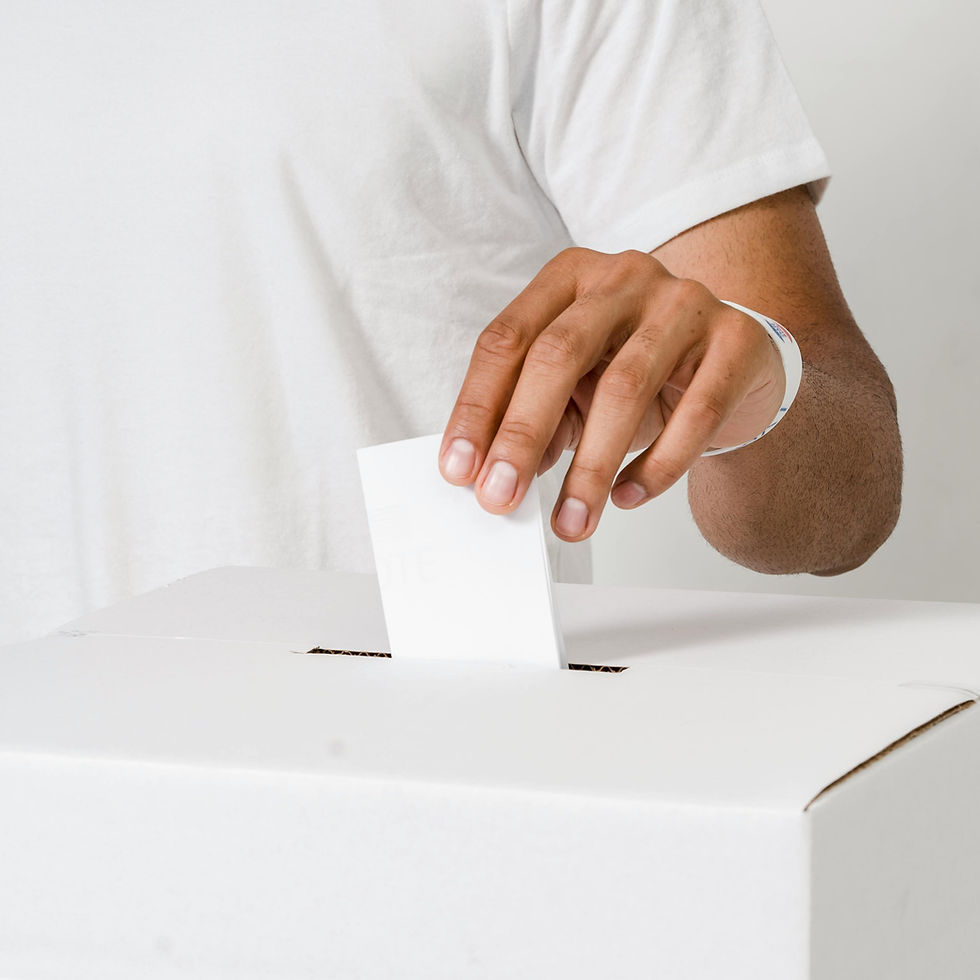
Let’s consider voting against all candidates on the ballot, especially considering the unique needs of our minority community. What happens when our goals align? If we are to stand united, why do our priorities seem to differ so significantly? Take education, for instance—how can we effectively advocate for this within a system that often sidelines our voices?
It's crucial to understand how specific figures, like Donald Trump, present themselves as champions of national interests. Similarly, we must unite to support Haiti, showcasing our pride in our heritage. Historically, we’ve faced barriers that have limited our representation, so we must band together to reclaim our narrative.
While some in our community may still be wrestling with the intricacies of educational reform, I genuinely value our conversations about these topics. Together, we can build solidarity. I often highlight my identity as a Haitian intellectual—to share knowledge and foster connections. Just as I could teach you to write in Creole in no time, we have the power to bridge gaps in understanding and communication within our community.
This raises a more profound question: if our votes truly mattered, should we not consider collectively rejecting all current candidates to express our dissatisfaction through a protest called ‘scratching’ our votes? This act could be a powerful statement for accurate representation and accountability.
Furthermore, the suggestion to deport all Haitians shouldn’t be quickly brushed aside as extreme; rather, it might be a necessary step toward restoring dignity within Haitian leadership. Such a movement could ultimately benefit Haiti, compelling its leaders to face the challenges of governance and their obligations to the people, strengthening our connection to our roots.
I previously discussed the potential dangers of the cassation court—the highest judicial authority in our nation—losing its power, which could lead to internal chaos or even a coup in collaboration with rebel groups. I appreciate your openness to reconsider my viewpoint. Our political situation is fragile, requiring us to stay alert.
Take President Abinader, for example—he's actively standing up for his territory and interests. While his methods might spark debate, it's essential to understand these actions within the context of his role and the governing rules of his nation. Our primary goal should be to protect our rights and land. As an independent country, we rely too heavily on outside influences, threatening our sovereignty.
The saying that hardship often brings opportunity is still valid. By contemplating the deportation of all Haitians, we might unintentionally provoke a significant change for Haiti—a revolution of sorts—against the entrenched corruption and oligarchic structures that have long exploited our society alongside the international actors who have historically mistreated us.
When we consider whether those who have enjoyed freedom would accept life's challenges in present-day Haiti, it's evident that a strong drive for change exists amidst our situation. This motivation captures the core of our political philosophy. Through reflection and collective action, we can strive to reshape our future and advocate for a brighter tomorrow for our homeland.
Wilsonn Telimo Lwi,
J.D., a Master of Public Service graduate and President of the ITIYAyiti political party envisions an autonomous Haiti.


